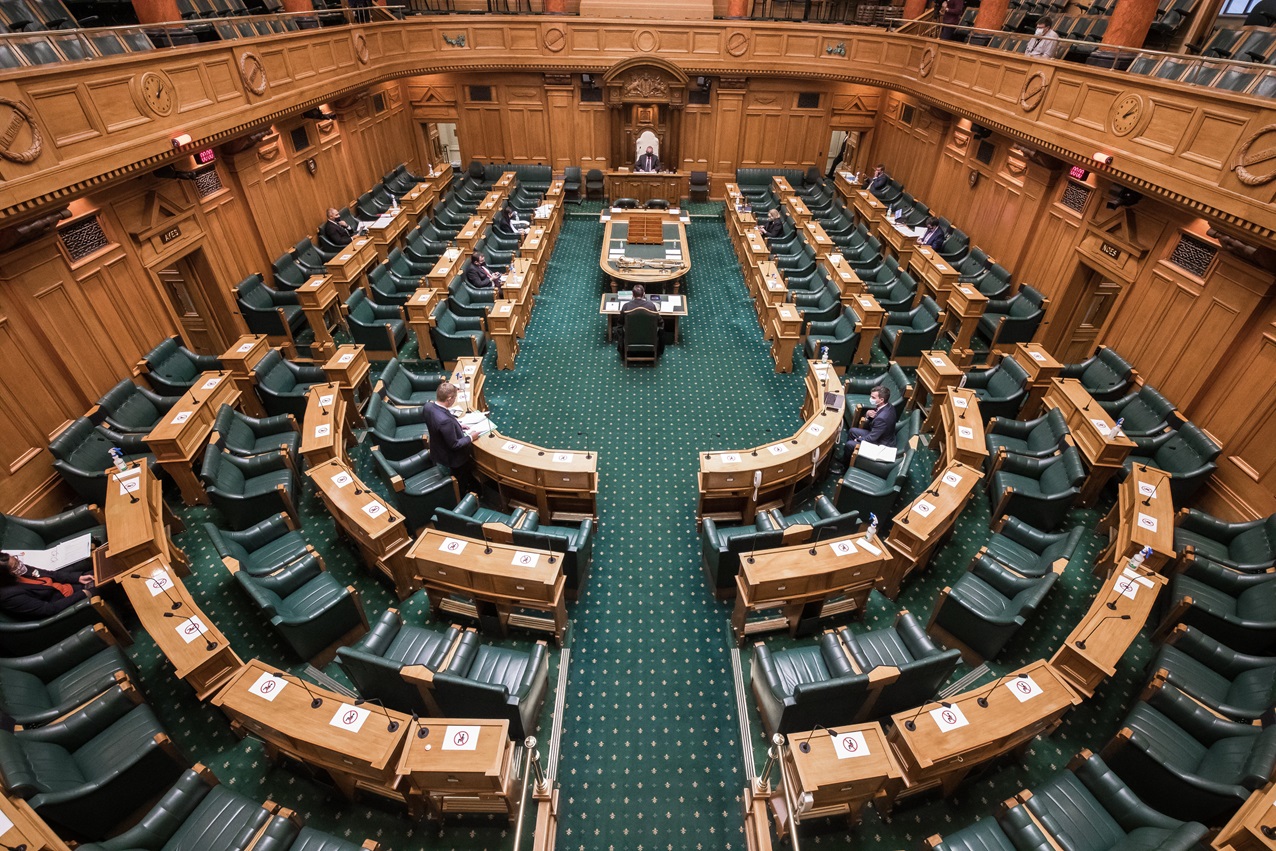

Likewise we are seeing a struggle to establish whether Parliament is sovereign and whether we are all equal before the law.
The Treaty Principles Bill was the first cab off the rank to address these issues.
That has been relegated to history.
Now we have before Parliament the Regulatory Standards Bill which is likely to become law.
These two Bills have much in common.
They have both been described by those who don’t like them as likely to destroy all we hold dear in New Zealand.
They both speak of principles and how they should be applied.
They both speak to the idea that all in New Zealand should be treated equally by our laws.
They also both attempt to put into legislation clarity about what the government intends, which reduces the opportunity and duty of the courts to interpret what was meant.
The Regulatory Standards Bill comes with an explanatory note which describes its aim as to reduce the amount of poor and unnecessary regulation by increasing transparency and clarity about where legislation does not meet particular standards.
It is also intended to bring the same discipline to regulatory management that we have for fiscal management.
Whether it will achieve these things is arguable. However, some of the criticisms are not entirely fair.
This Bill is criticised for not protecting public health, the environment or Māori rights.
It would be a big ask indeed if this Bill, or indeed any Bill, were to attempt to provide such protections.
It has been criticised for treating property rights as above social good in various areas.
We have for many years had rules about how the government can legally take over people’s property and when, and how proper compensation works.
This Bill does not change that situation.
The underlying role of the Regulatory Standards Bill is to give guidance as to what good legislation looks like, using principles which are for the most part unexceptional. The Bill does not stop the government of the day passing ill-thought-out, bad or otherwise not best practice legislation. It merely obliges reports which allow the public to understand that it is, or may be, poor legislation.
Why this Bill causes concern to some is partly founded on the idea that the principles these reports would be based on include that all people should treated equally.
This concerns those who consider the Treaty to require different laws for different New Zealanders.
The other major concern is that providing clarity around whether the legislation is good legislation highlights the effect of producing legislation which is fluffy and unclear. This provides a gap which allows the courts to interpret legislation in whatever way they choose.
For some, the idea of the courts determining what the law should be is preferable to parliament deciding.
Both of these concerns are gathered together in criticism of this Bill being against the Treaty principles, which concerned people do not seem to want clarified by legislation.
To confuse matters further, there has been a hold on the Treaty settlement between the Crown and Ngapuhi, on the basis that the Crown is not prepared to do a deal which contains the idea that Ngapuhi does not accept parliament as sovereign.
How it makes sense to for either party to accept that one party does not have the power to commit to the settlement is confusing at best.
The High Court has decided (in a case against the Marlborough District Council) that councils are not treaty partners from a legal standpoint: they are only obliged to follow the requirements of the Local Government Act.
The councillors around the Dunedin City Council table have attempted to add value by telling the government what laws it should pass and why local bylaws should not be subject to being flagged if they are not objectively robust and well thought out.
This is all unhelpful when the general basis of our laws in New Zealand is the government makes laws, courts make decisions about how to apply the laws, and if Parliament does not like the interpretation it clarifies what it meant by passing new laws.
Sooner or later we have to get to a position where Parliament is the final arbiter on what the Treaty obliges government and local government to do.
It would also be helpful if we accept that we are all entitled to be told if Parliament is proposing unclear and otherwise poor laws.
Parliament has turned down the opportunity in the Treaty Principles Bill of having a referendum on how we all think the principles in the Treaty should be interpreted.
But we still need to engage with the issue of who does decide, whether it be Māori, Parliament or the courts.
Whatever we decide will be a change from the current arrangement where the courts are left to decide about issues around our Treaty privileges, obligations and duties.
Leaving it to the courts to decide by Parliament making laws that are unclear is not the best answer.
We do not all have access to the court systems, with or without state sponsored funding.
We all do have a vote.
• Hilary Calvert is a former Otago regional councillor, MP and Dunedin city councillor.














